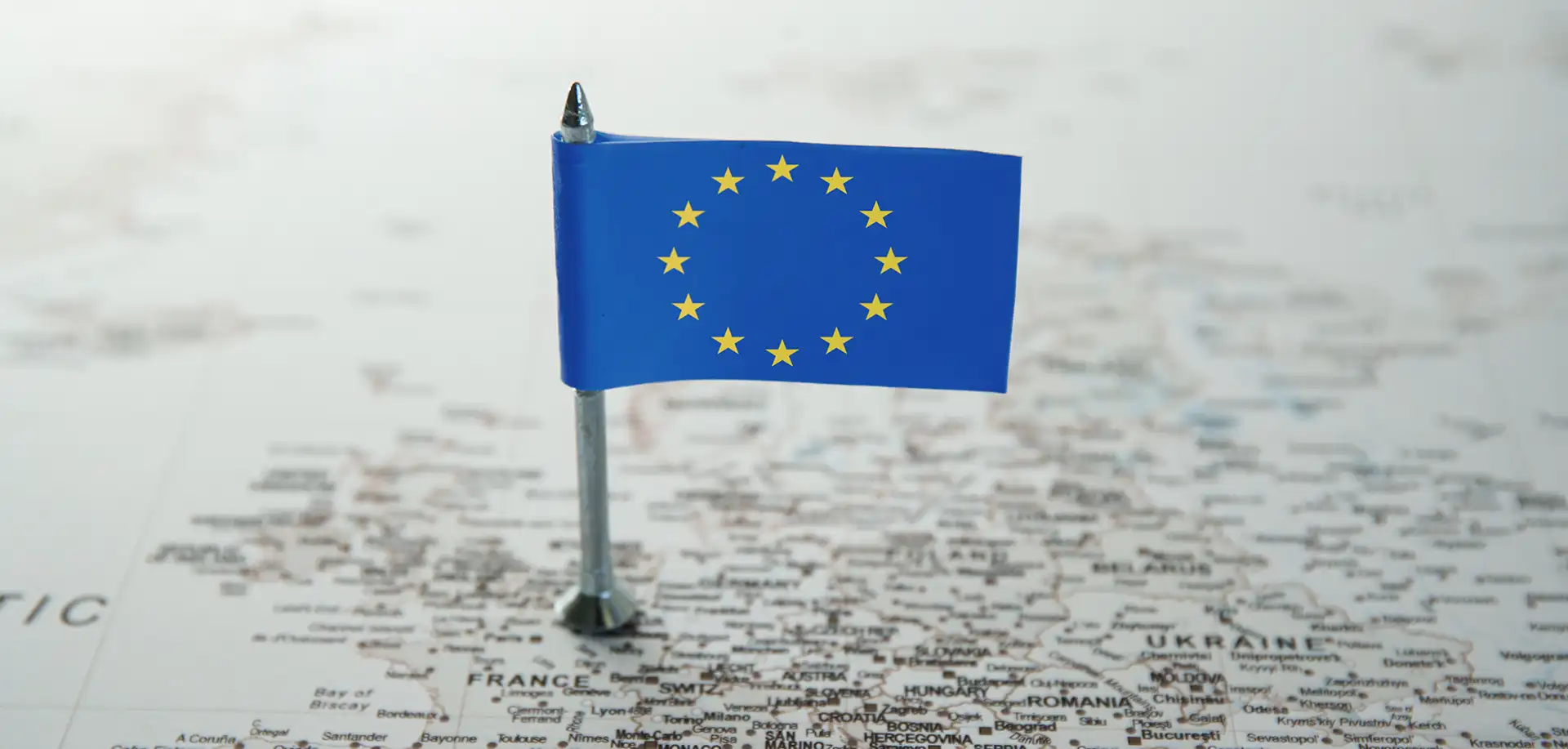
The European Union has taken another step toward tightening rules around visa-free travel. A provisional agreement has been reached between the European Parliament and the Council of the European Union to update the EU’s visa suspension mechanism.
These changes were first proposed by the European Commission in October 2023 and were approved by the LIBE Committee in March 2025.
The updated mechanism focuses on maintaining the integrity of the Schengen area. It introduces new criteria for suspending visa-free travel, including concerns tied to countries offering citizenship by investment (CBI) programs.
These programs grant citizenship to individuals in return for financial investment and may not require strong connections to the issuing country.
EU officials have raised concerns that such programs may pose risks to the bloc’s border integrity and migration controls. Radosław Sikorski, Poland’s Foreign Minister, said in a statement that while visa-free travel offers benefits, the EU needs tools to respond when the system is misused.
The revised rules add several new grounds for visa suspensions. These include a lack of alignment with EU visa policies, security concerns linked to migration, human rights issues, and the operation of CBI programs that do not require a genuine connection to the issuing state.
The mechanism also lowers the threshold for triggering a suspension. A 30 percent increase in overstays, asylum applications, or refused entries could now lead to action. If a country’s asylum recognition rate falls below 20 percent, that too may prompt review.
The suspension process has also been adjusted. The initial suspension period has been increased from nine to twelve months, with the option to extend it by another 24 months if the concerns are not resolved.
The new process allows for targeted suspensions, meaning certain groups, such as public officials or business leaders, could be restricted without affecting the general population.
Caribbean CBI programs remain under EU observation. Countries such as Antigua and Barbuda, Dominica, Grenada, Saint Kitts and Nevis, and Saint Lucia have introduced stricter controls in response to EU and US discussions.
These steps include applicant interviews, stronger checks, and plans for a unified regional authority. EU officials have continued to express concerns about the effectiveness of these reforms.
In 2024, the EU permanently suspended Vanuatu’s visa-free access. Future suspensions may be considered for countries not aligned with the EU’s updated visa policy framework.
The LIBE Committee will now enter final negotiations with the Council and Commission. Any objections from MEPs or political groups must be raised by June 17.
After that, the full Parliament will vote on the final text. The Council must also approve it before the regulation is signed and published. It will come into effect 20 days after publication in the EU’s official journal.